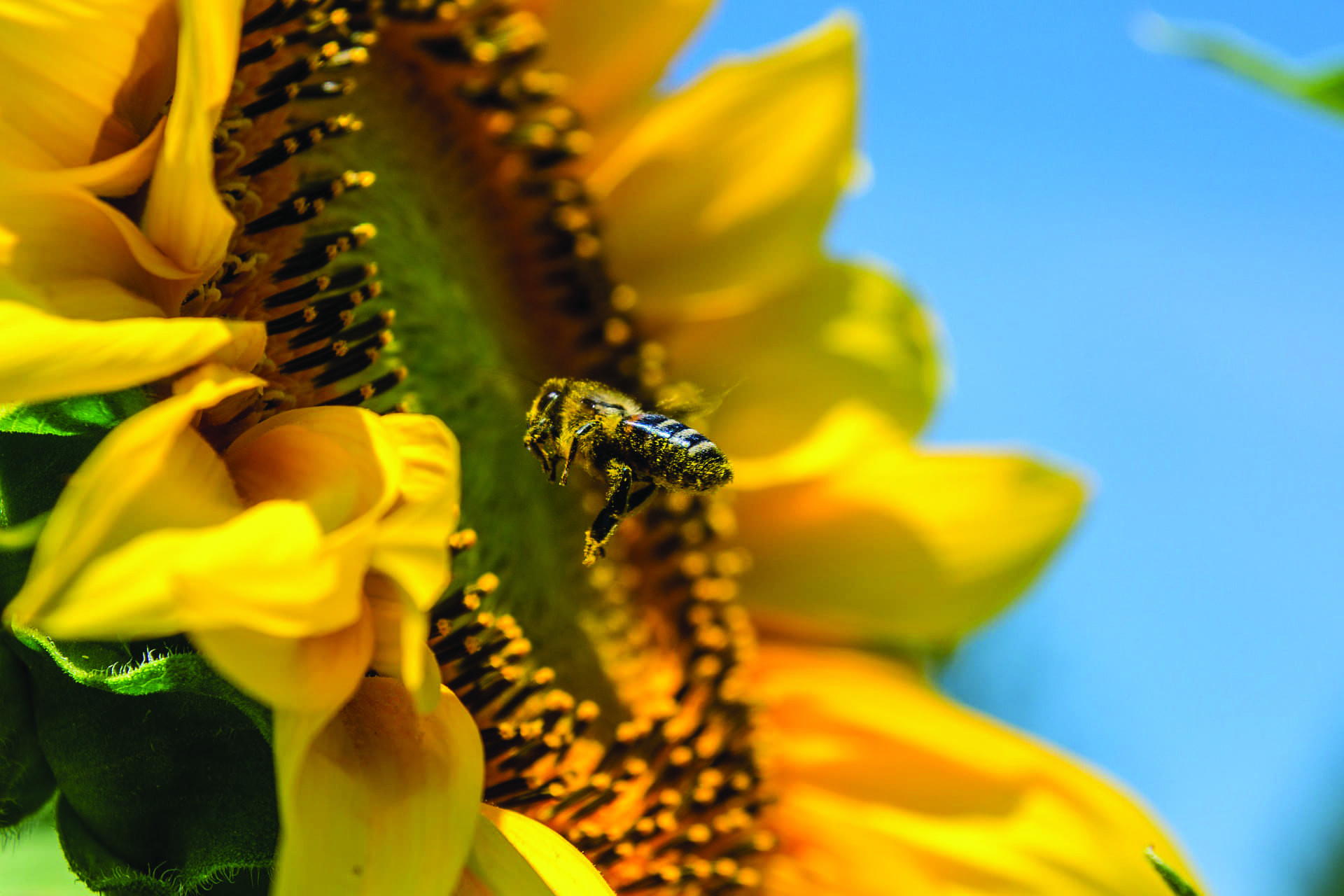Since the end of the First World War, plant diversity in Europe has been decreasing at a dizzying rate. The same is true for insects: every year, hundreds of species disappear from our landscapes. As everyone knows, there is a close interdependence between pollinating insects and flowering plants. The decline of one of the two members of this symbiosis inevitably leads to the decline of the other.
Since flowering plants represent between 90 and 96% of plant species, the loss of this diversity directly impacts our diet. If pollinators disappear, there can be no production of seeds or fruits essential to our food. In such cases, our food source would be limited to plants or crops not dependent on pollination, mainly cereals.
Studies show that this massive disappearance of insects is the consequence of different agricultural policies encouraging farmers to use chemistry or the authorization to sell toxic phytosanitary products, or whose harmlessness has not been demonstrated. For those who still doubt the destructive role of plant protection products on insect populations, the example of Cuba is most edifying: it is today the only country in the world where bees are in good health! And it is also the only country whose agriculture has been completely without pesticides for over 25 years, since the collapse of the Soviet Union in 1991, and the embargo by the United States, cut off all possibility for Cuba to import pesticides.
Wouldn’t it be high time to turn the page on chemistry, if we want our children to live on a living planet, with healthy and varied food? This destructive agriculture of our environment is only possible because products find buyers. The more we abandon treated products, the more we will allow a healthy agriculture to take off, for the greater happiness of all, plants, animals and human beings.
Give up chemistry to save insects, plants and the health of our children.






1 Thought on "Give up chemistry to save insects, plants and the health of our children."
Suzanne
August 28, 2018Because we are interdependent with the rest of nature on earth. We humans would be nothing without, bees, insects, trees, plants, water…Let’s keep that at the forefront of our minds and actions.